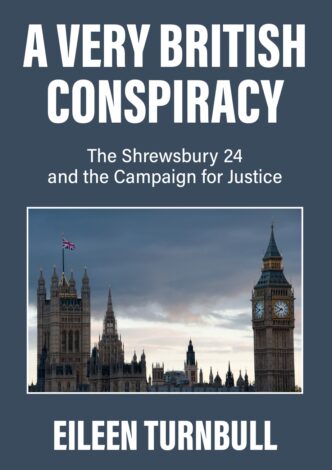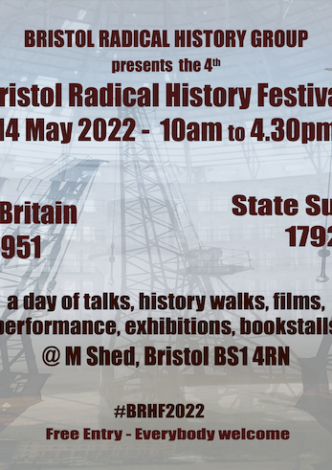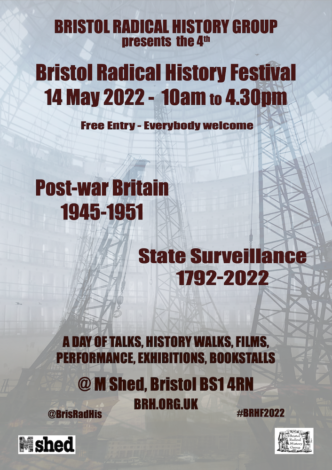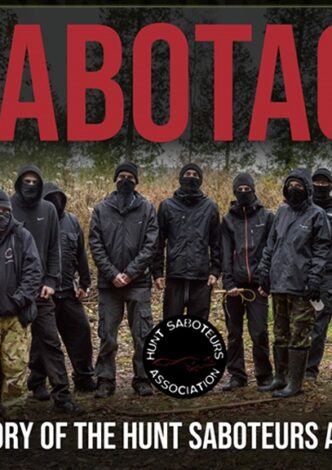A Very British Conspiracy
The Shrewsbury 24 and the Campaign for Justice
By Eileen Turnbull
This is an account of the case of the Shrewsbury 24, one of the longest, if not the longest, campaign to overturn injustice in this country. The Shrewsbury 24 were building workers convicted of various charges arising from picketing during the 1972 national building workers’ strike. The book takes us back to a very different time when there were 12 million members of trade unions in the country and a wave of strikes which led to the defeat of the Conservative Government by the National Union of […]





